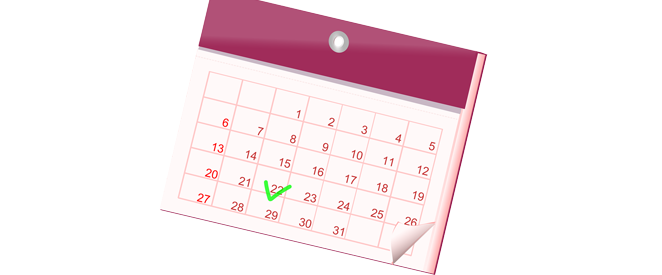Excelente explicação. Mas na frase “Dr. Craig is in a meeting at 3:00.”
Não seria “until” ao invés de “at”?
Olá Adeilma,
Acho que provavelmente ficaria melhor
Dr Craig will be in a meeting at 3:00
com o significado de “às 3, ele está em uma reunião” mesmo – que é diferente de “até as 3”
Já mudei o texto.
Obrigada,
ABs
Ana
Muito bom, me ajudou bastante
Olá!
Gostaria de tirar uma duvida…
Quando alguem bata na porta, em portugues dizemos “Pode entrar!!”
Em ingles o que é comum dizer?
“Come in??”‘
Thanks a lot
Isso aí, Juliana: Come in e Come on in também.
Muito obrigada :)
Mais um exemplo muito comum no dia-a-dia (ou seja, vemos muito em filmes/seriados) para adicionar ao post da Iramaia:
situação: uma ou mais pessoas estão comentando sobre algum lugar onde elas vão mais tarde, e há uma outra pessoa junto que não está incluida no grupo que vai ao lugar. Alguém vira pra ela e pergunta
– Do you wanna come with us? / Do you wanna come with me?
ou a forma abreviada, muito comum na conversa informal,
– Do you wanna come with?
(sem o “us” ou “me”)
Em português geralmente dizemos “Quer ir também?” ou “Quer ir junto?”
Se vc já tem compreensão suficiente pra acompanhar um filme com legenda, etc… comece a reparar nisso e não deixe de usar filmes e seriados pra fazer seu inglês decolar ![]()
Ernane – use essa “regra” só como referência – de agora em diante quando vc ouvir ou ler inglês, repare no uso de come e go, que assim vc vai absorvendo.
I have found it very strange to say ‘I’m coming to visit you next month’ but if it is the grammar’s rule it is ok.
Hello Ana.
Thanks! Very useful this post!
You realized a great work! Thanks!
SOU INICIANTE AINDA TENHO MUITO PARA APREDER.
ATENCIOSAMENTE,
MARILENA
Hi Marcelo, thanks for stopping by.
Hi Ariane, it’s “come” instead of “coming”, ok?
Cláudia – Good job!
Juliana and Wallace – Well done!
João, to indicate movement the answer is “come”.Because it shows movement toward or in the direction the person being spoken to.
On the other hand we can also use “go” if we are thinking about planned future actions as in “she’s going to visit you…”
Hi Ana,
It was really helpful… but, just one more question: In the sentence bellow, what is more appropriated “Come” or “go”?
During a conversation by the phone, a friend of mine said to me:
“Ela disse que vai te visitar mês que vem, é verdade?”
Thank you for your lessons. It has been very useful.
Joao Castro
My answers below:
Hi Ann. This is Silvia. I’m at Lizzy’s party. Why don’t you come? (Silvia is at Lizzy’s party and Ann is away. Silvia wants Silvia to meet her at this party, in other words, Ann might go toward Silvia, thus we should use COME instead GO).
There’s a good movie on at The Plaza. Why don’t we go?
(Plaza is so far from WE and is the third object in the sentence, then we should use GO in it.)
We want to go home now. It’s late. (GO is used by the same explanation above).
I need to go to the dentist’s. (Dentist is away and GO is used here by the same cause above, too).
I enjoyed this matter a lot. I await for the answers.
My congratulations!
Hi Ann. This is Silvia. I’m at Lizzy’s party. Why don’t you come?
There’s a good movie on at The Plaza. Why don’t we go there?
We want to go home now. It’s late.
I need to go to the dentist’s.
I want to change these senteces:
There’s a good movie on at The Plaza. Why don’t we go there?
We want to go home now. It’s late.
I guess it is because the place is far from me and also far from the person I am talking with.
Hi Ann. This is Silvia. I’m at Lizzy’s party. Why don’t you coming?
There’s a good movie on at The Plaza. Why don’t we coming there?
We want to go home now. It’s late.
I need to go to the dentist’s.
Hi there. As usual it was a great lesson.
Could you please check my answers and let me know whether I understood or not. Thank you a lot.
Hi Ann. This is Silvia. I’m at Lizzy’s party. Why don’t you come here?
There’s a good movie on at The Plaza. Why don’t we come there?
We want to come home now. It’s late.
I need to go to the dentist’s.
Hi Ira, Ana!
Nice post today, huh? Very useful and informative! This kind of mistake we make all the time hehe.
Thanks.


